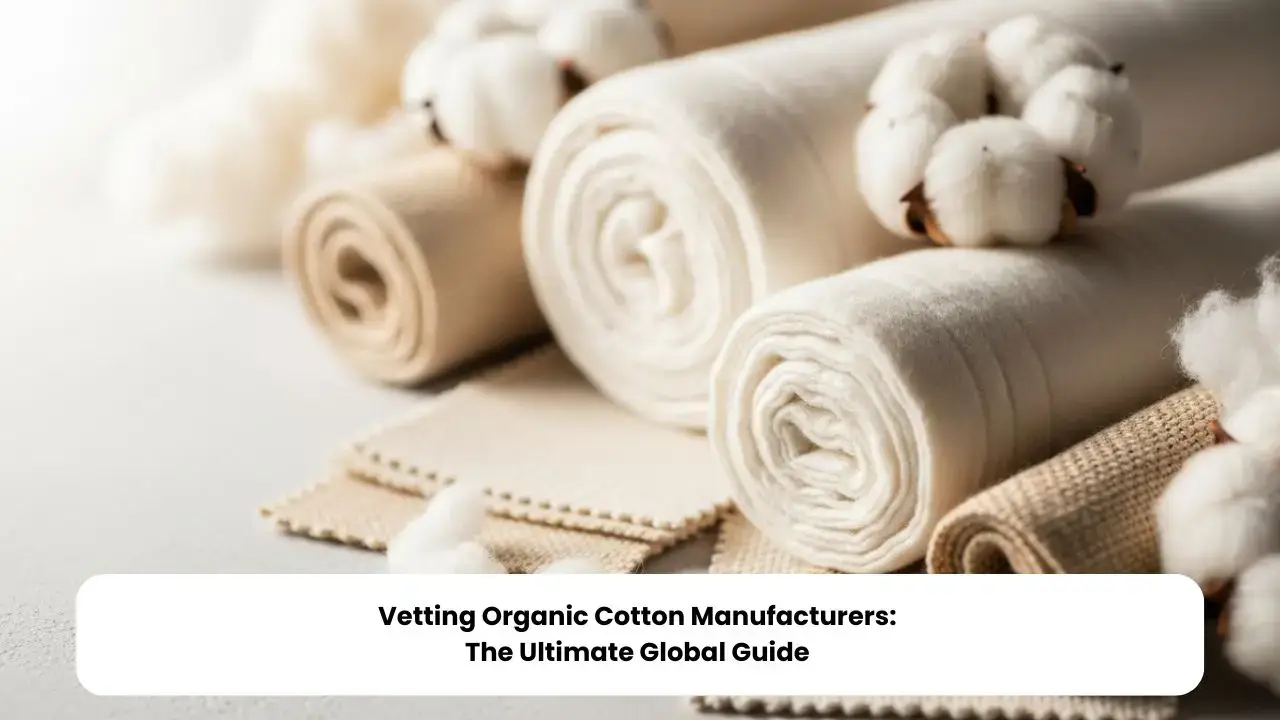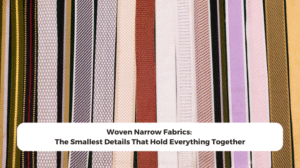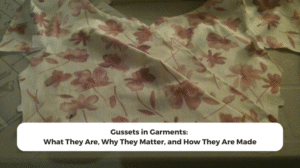Let’s cut to the chase. If you’re running a fashion brand or sourcing textiles today, you know the ground has shifted beneath your feet. The constant drumbeat for sustainability from consumers and regulators is impossible to ignore. For today’s forward-thinking fashion brands, importers, and eco-conscious startups, the question is no longer if you should adopt sustainable materials, but how you can do it without compromising quality or your brand’s integrity.
The real challenge isn’t why to go sustainable; it’s who to trust on that journey. This is where finding a reliable partner becomes paramount.
I’ve designed this guide to be your strategic playbook. We’re going to skip the surface-level chatter and get right into a practical framework for identifying, vetting, and partnering with world-class organic cotton manufacturers. By the end, you’ll not only understand what makes cotton genuinely organic but also how to navigate the complex global supply chain to find a partner that truly aligns with your brand.
What is Organic Cotton and Why Should You Care?
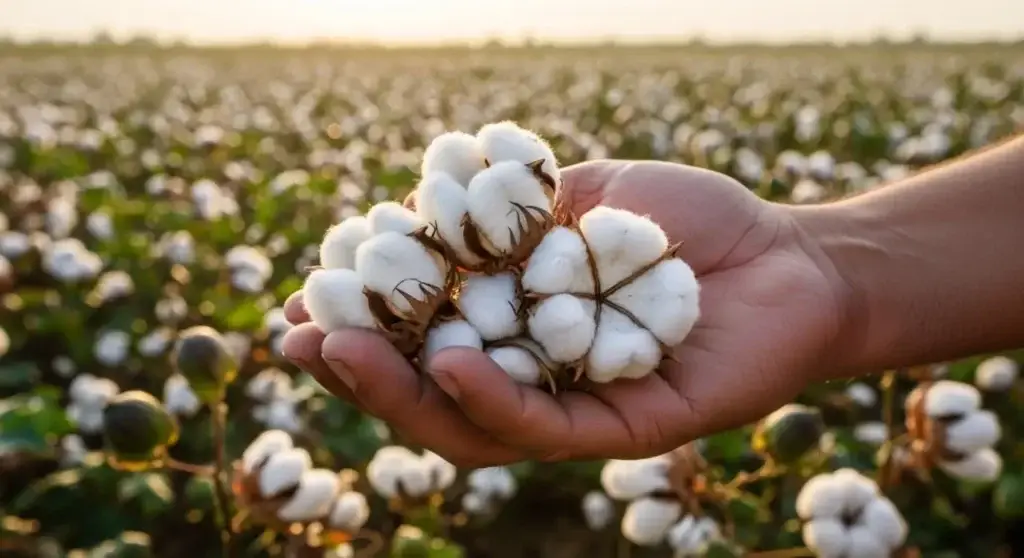
Before we even talk about finding a partner, we need to be on the same page about what “organic” truly means. It’s not just a feel-good label slapped on a t-shirt; it’s a verifiable promise backed by a rigorous system.
Think of it This Way: It’s Farming, Not Chemistry
Unlike conventional cotton—a crop notorious for its heavy reliance on pesticides—organic cotton is all about working with nature. This means:
- Natural, Non-GMO Seeds: No genetically modified organisms are allowed.
- Zero Toxic Chemicals: Farmers build healthy soil through composting and crop rotation instead of using synthetic fertilizers and toxic pesticides. This protects the farm workers and the surrounding ecosystem.
The Real-World Impact on Planet and People
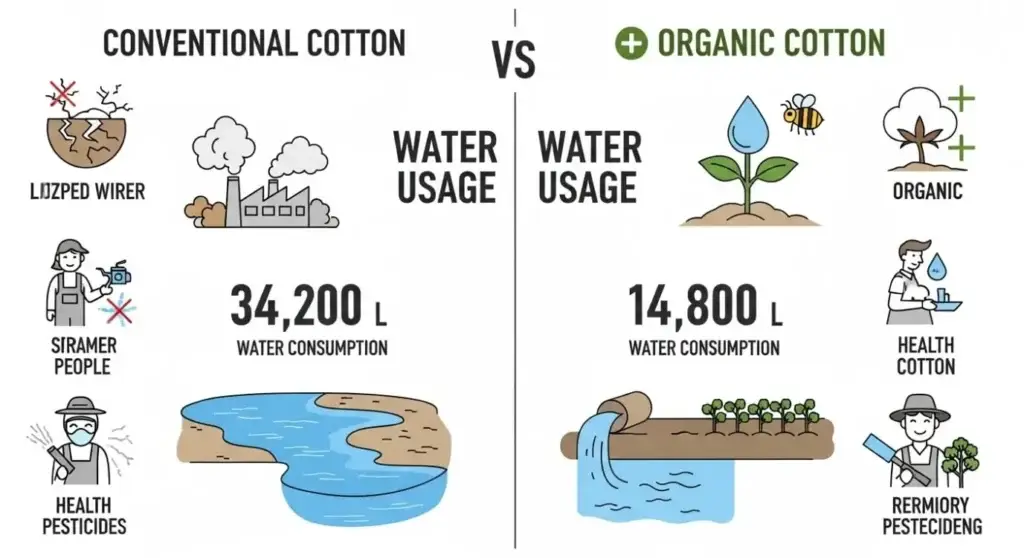
Choosing organic isn’t just a marketing claim; it has a tangible impact. We’re talking about a massive reduction in water usage—sometimes up to 91%—because healthy, organic soil holds water far more effectively. It also means cleaner rivers and lakes because there’s no chemical runoff.
But it goes deeper. The best organic cotton manufacturers build their operations on an ethical framework. Think of it as brand insurance. True organic certification, like GOTS, includes strict social criteria, ensuring fair wages and safe working conditions. This transparency protects your brand from the reputational risk of being associated with unethical labor practices.
Vetting Key Partners: Your Guide to Sourcing Excellence

This is where the real work begins. A quick Google search for “organic cotton suppliers” will give you thousands of results, but it won’t give you a trusted partner. Here’s how to do it right.
How to Find Legitimate Manufacturers
To find the best organic cotton manufacturers for small businesses or large enterprises, you need to look in the right places.
- Start with the Source of Truth: Your first stop should always be the public database on the Global Organic Textile Standard (GOTS) website. If a supplier claims to be GOTS-certified, you can and must verify it here. This single step will filter out 90% of the pretenders.
- Hit the Ground Running at Trade Shows: There’s no substitute for face-to-face interaction. Events like Texworld or Première Vision allow you to meet manufacturers, touch the fabrics, and ask the tough questions in person.
- Use B2B Platforms as a Starting Point, Not an End Point: Sites like Alibaba or Maker’s Row can be useful for initial discovery, but your vetting process must be relentless. Immediately ask for certification numbers and references.
Certifications: Your Non-Negotiable Checklist
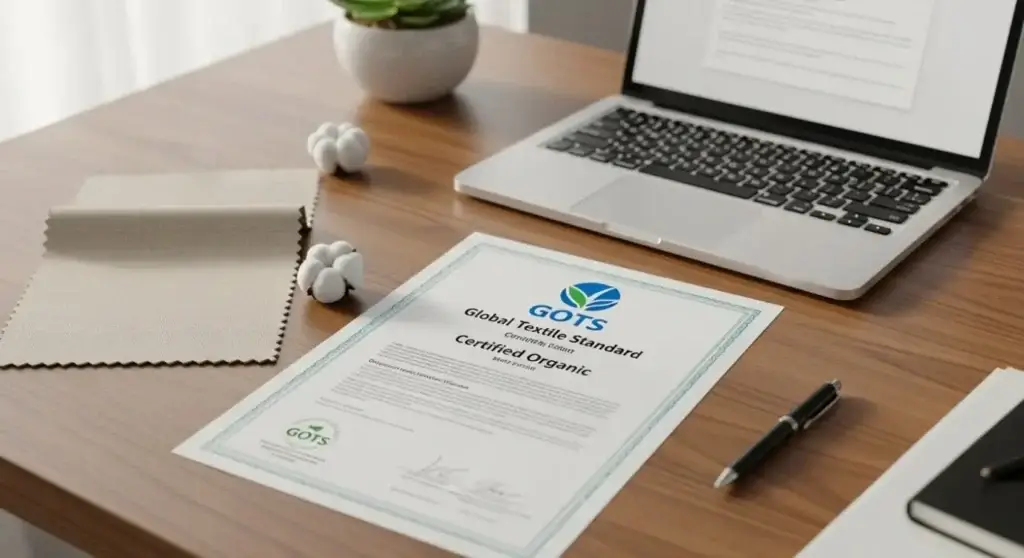
Let me be crystal clear: certifications are not optional. They are the only way to independently verify a manufacturer’s claims.
- GOTS (Global Organic Textile Standard): This is the gold standard, period. It covers the entire process from farm to factory, ensuring both environmental and social standards are met. Pro-Tip: Check the supplier’s GOTS certificate to see which specific products and processes are covered. Not everything they produce may be certified.
- OEKO-TEX STANDARD 100: This is a great complementary certification. It tests the final product for a list of over 100 harmful substances. While it doesn’t certify a product as organic, it certifies it as safe for human use.
If you’re sourcing finished goods, look for organic cotton clothing manufacturers with private label options who can show you examples of their work and speak knowledgeably about international shipping and customs.
Turning Your Sourcing into a Strategic Advantage
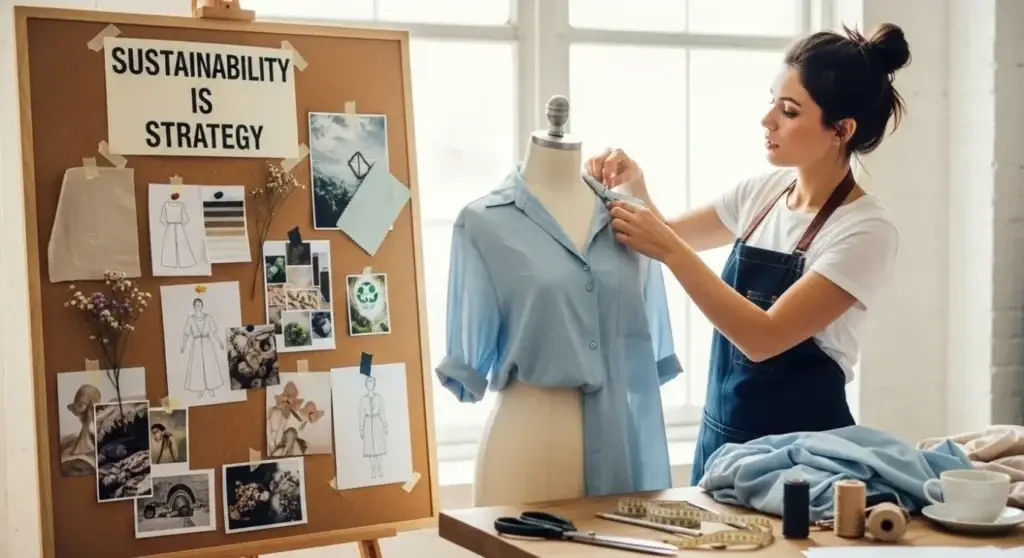
I’ve seen too many brands do the hard work of sourcing ethically, only to treat it as a footnote on their website. Your sourcing strategy isn’t just a backend operation; it’s a cornerstone of your brand story.
By partnering with a manufacturer that excels in a specific area—maybe it’s unique natural dyes, innovative recycled-organic blends, or exceptionally low MOQs for startups—you create a powerful, authentic story that separates you from the competition. Don’t just find a supplier; find a partner who gives you a competitive edge. Your choice of an affordable organic cotton fabric supplier in India, for example, could become a story about supporting specific artisanal communities.
Your manufacturer is part of your brand. Choose wisely.
Conclusion: Build a Brand That Matters

Let’s bring it all home. Finding the right organic cotton manufacturer is one of the most critical decisions you’ll make. It’s about more than just fabric; it’s about your brand’s promise.
Remember these key takeaways:
- Sustainability is a System, Not a Slogan: True organic cotton is backed by a verifiable process that benefits the planet and its people.
- Your Vetting is Your Shield: Rely on GOTS verification, not just a supplier’s word. It’s your best defense against greenwashing.
- Your Sourcing is Your Story: Use your partnership choices to build a powerful and authentic brand narrative that connects with your customers.
Making a conscious choice to partner with a verified, ethical manufacturer isn’t just good for the world—it’s brilliant for business. Now, go build a brand that matters.
What’s the biggest challenge you’ve faced when trying to source sustainable materials? Share your experience in the comments below!
Learn More: Cotton Twill Fabric: A Trusted Weave That Feels Just Right

